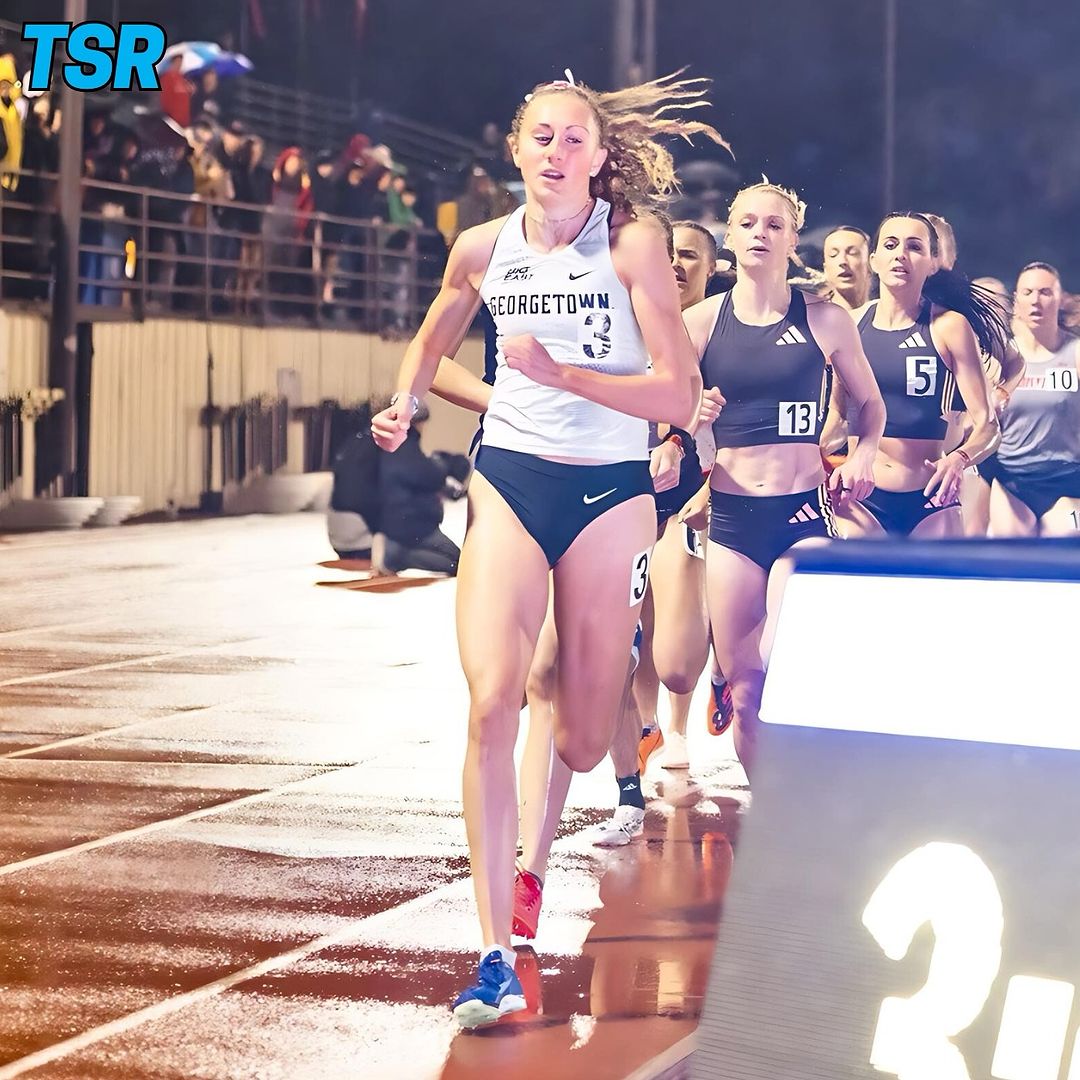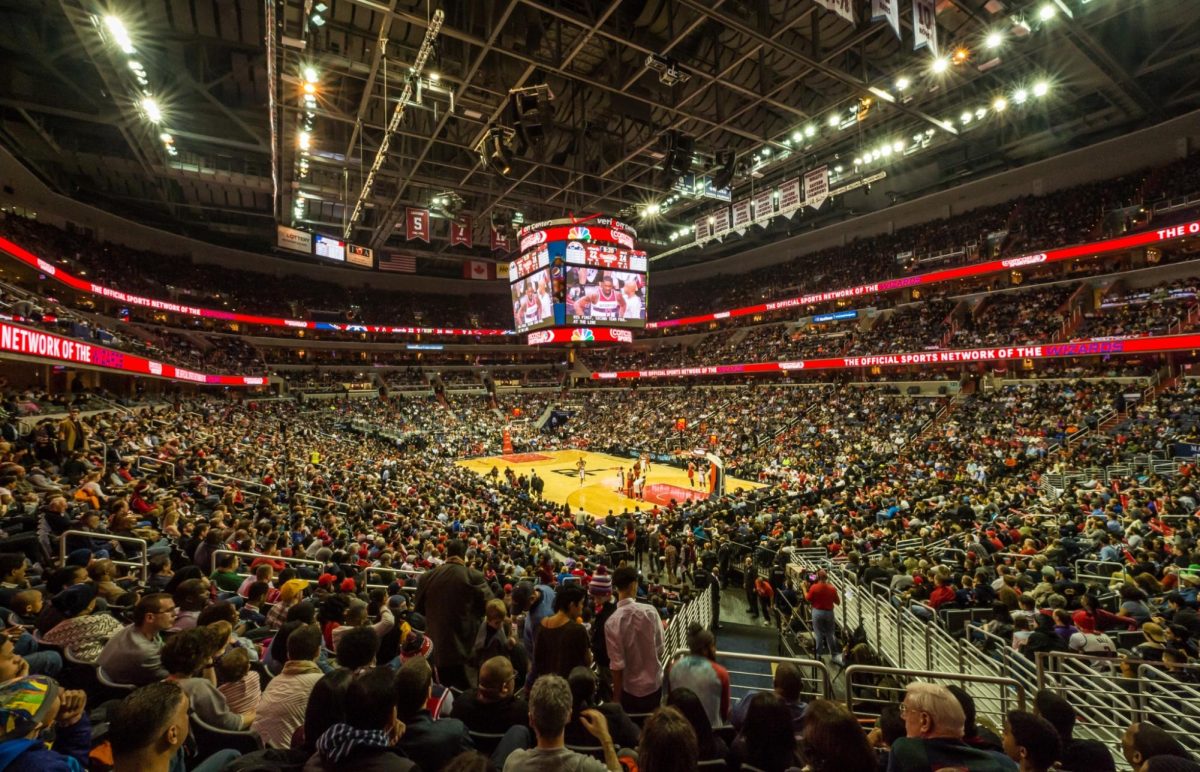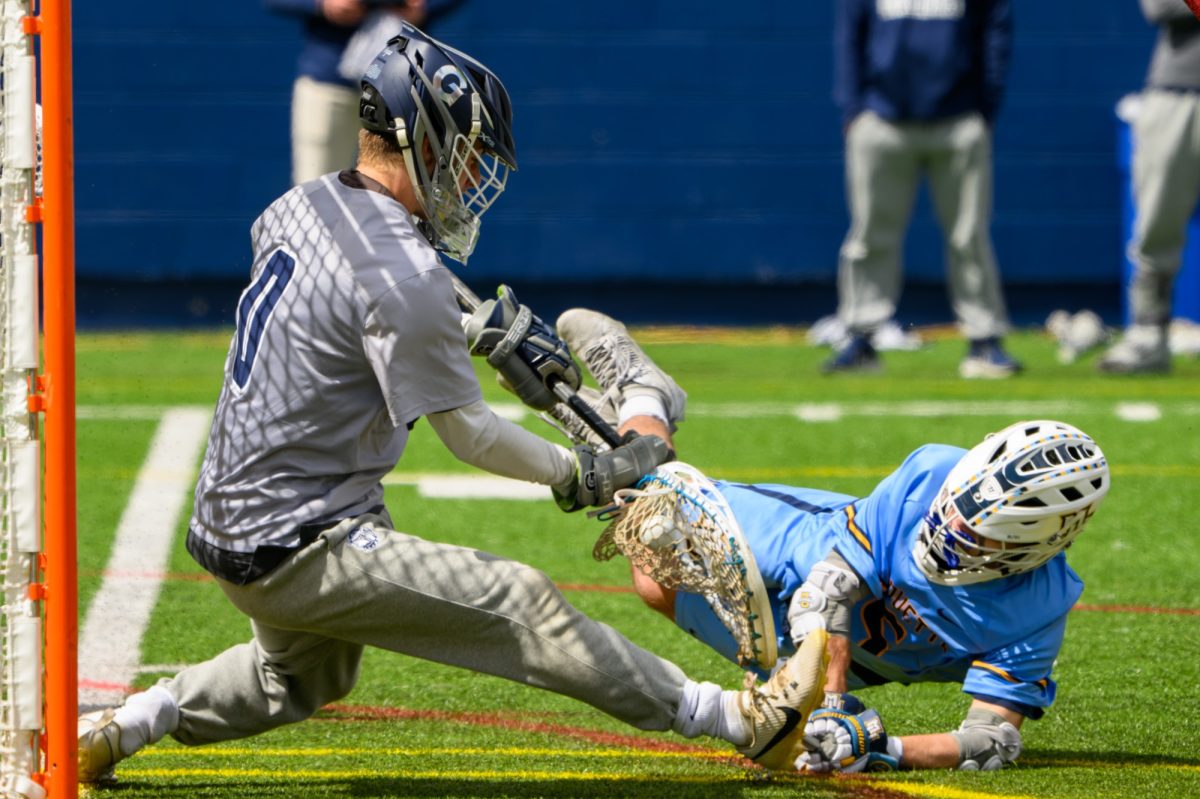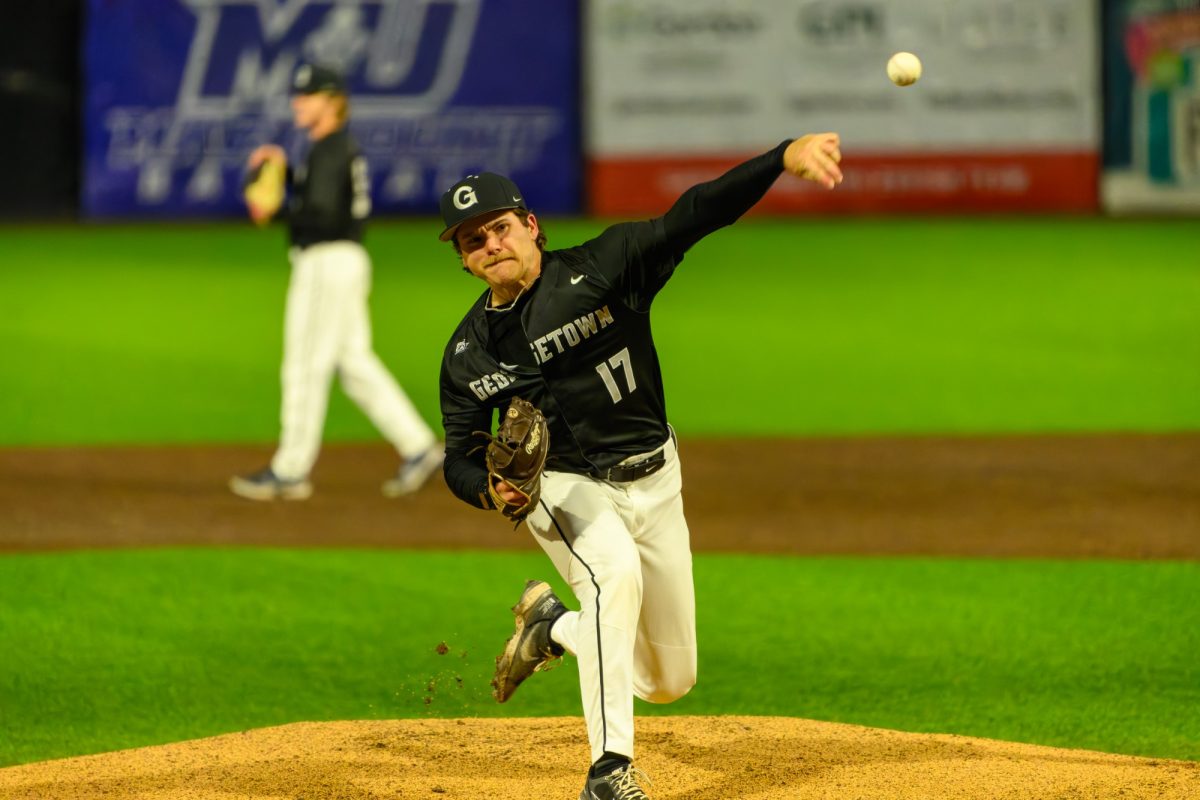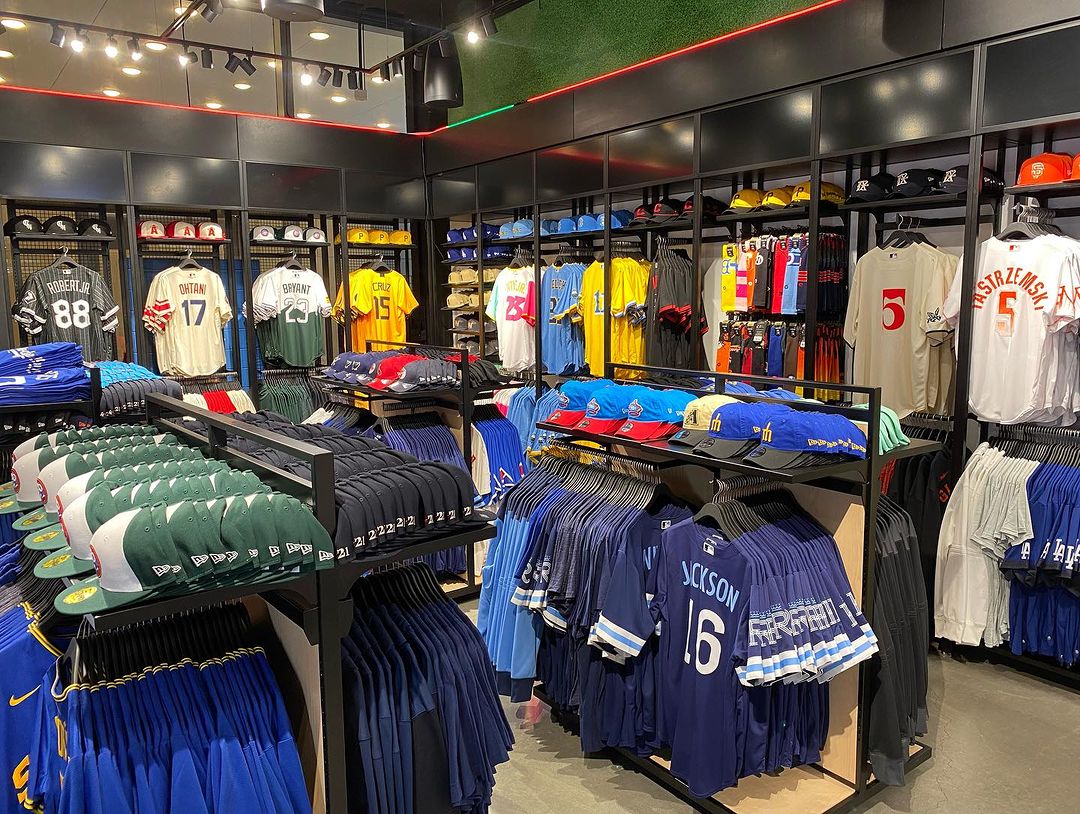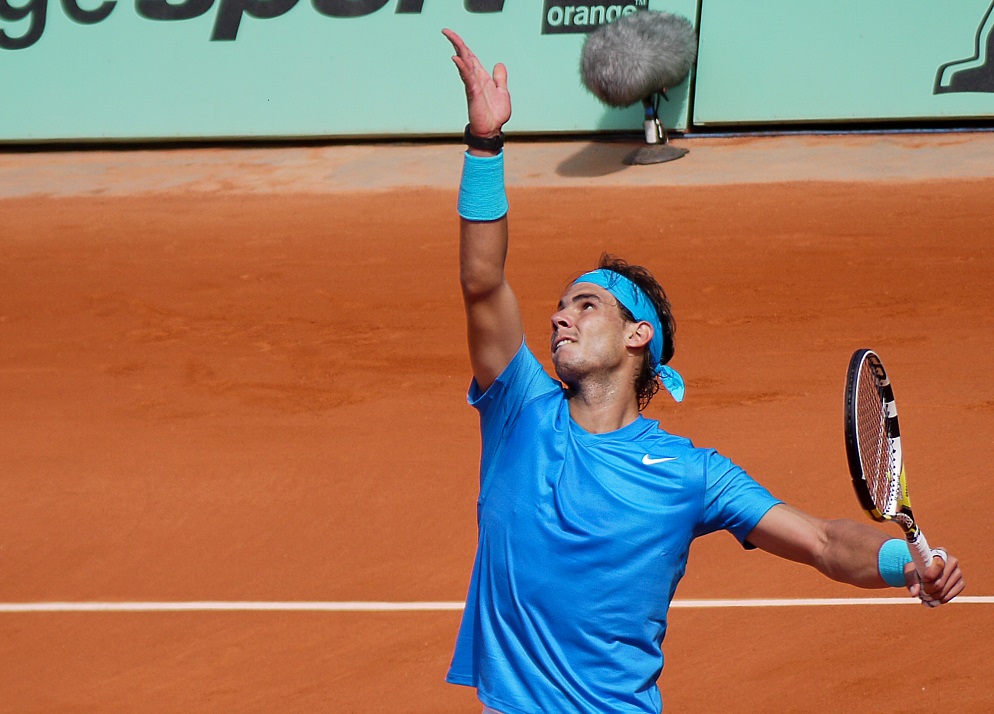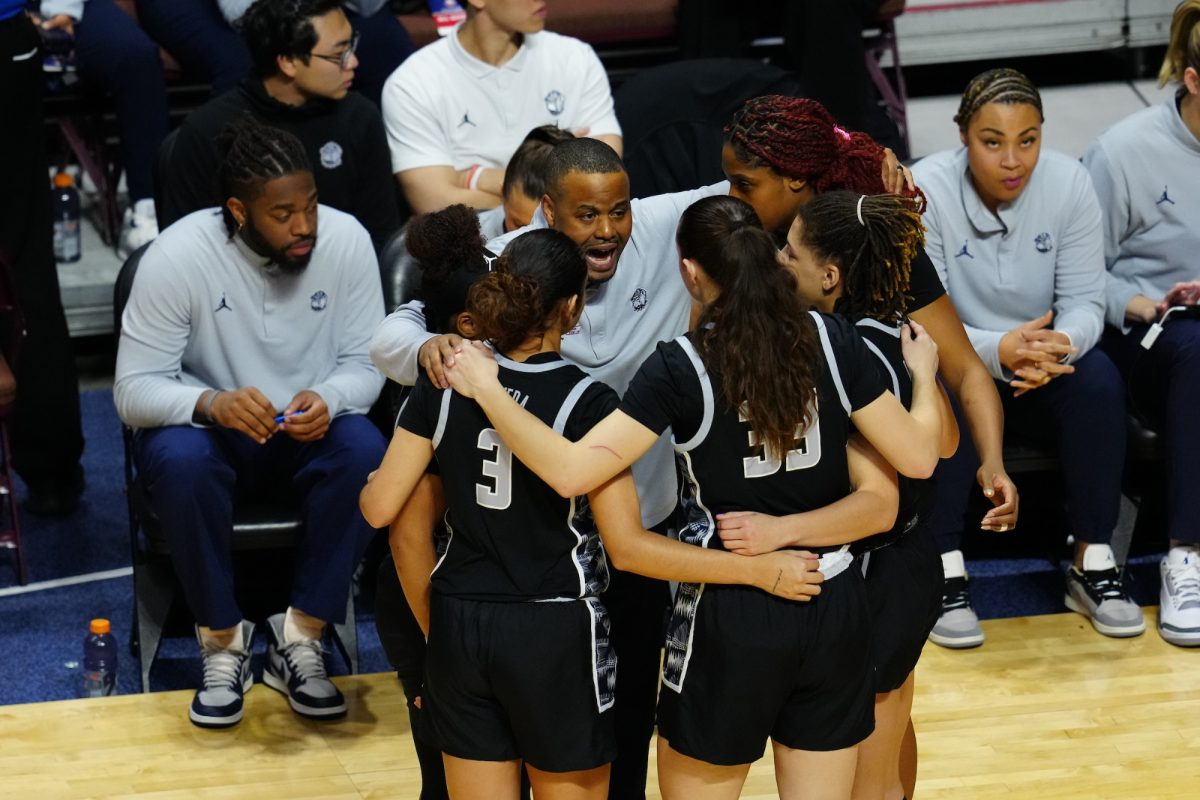When the Olympics roll around every couple of years, countries across the globe send their best athletes to compete in a medley of sporting events. The competition is usually tight and is occasionally even separated by only hundredths of a second.
The training regimen that each athlete undergoes usually yields a group of competitors all capable of earning a medal. Even the greatest Olympians, including twenty-five-time medal-winner Michael Phelps, are upset on occasion; Phelps lost in his signature race, the 200-meter butterfly, by 0.05 seconds in 2012 to South Africa’s Chad le Clos.
The close competition holds true for each Olympic sport, with the most notable exception being men’s basketball. The 2012 United States men’s basketball team, headlined by forward LeBron James, forward Kevin Durant and forward Carmelo Anthony, won each of its eight games by an average margin of 32 points.
The international competition in 2012 was so lackluster that the 1992 Barcelona Olympics men’s basketball team, dubbed the “Dream Team”, actually became the 2012 team’s most formidable opponent as fans argued over hypothetical gargantuan matchup. For the record, that 1992 team, led by guard Michael Jordan, guard Magic Johnson and forward Charles Barkley, had an average margin of victory of 43.75 points per game.
The United States wasn’t always this dominant. In fact, 1992 was the first Olympics that FIBA allowed the United States to recruit professional players—a drastic change from the previous ruling that only permitted amateur and collegiate players.
Despite this, the United States men’s basketball still held a respectable presence prior to the rule change. In 1984, guard Michael Jordan averaged 17.1 points per game to help lead the United States to gold over Spain. The team included recent NCAA champion and Georgetown’s own center, Patrick Ewing (CAS ’84).
However, removing the restriction opened an irreversible floodgate of talent that has all but ensured America’s global success in basketball. Since 1992, the United States has gone 47-3 in Olympic games, all three losses coming from the disastrous (by American standards) 2004 squad that featured ball-dominant guards Allen Iverson and Stephon Marbury, in addition to a young James and Anthony. To prove how selfish the 2004 team was, Marbury led the team with a mere 3.4 assists per game. Outside of 2004, each team since 1992 has gone undefeated in the Olympics, with the lowest margin of victory being 21.5 points in 2000.
Admittedly, part of me does enjoy the dominance. I don’t think any NBA fan will change the channel away from electrifying dunks, crafty passes and a barrage of three pointers. That said, outside of the highlight reel, watching my favorite sport in the Olympics is just plain boring. The closest that any game the United States plays in gets is at tip-off. It takes but a few minutes before a four-point lead doubles, then triples and doubles again, ballooning to a 50-plus point victory against the smaller countries.
It seems counter-intuitive for me to try to amend a system that heavily favors the United States, but the truth is that I want more competition and closer games. Even the gold medal game seems fairly inconsequential, becoming not a question of whether the opposition will win, but rather how much they’ll lose by.
The suggestion I have is to simply revert back to the previous ruling, with a twist. Like Olympic soccer, which has an age limit, there should be an experience limit; particularly, an NBA player shouldn’t be allowed to participate in the Olympics with over three years of healthy experience in the NBA.
This approach is beneficial in multiple ways. First, the ruling focuses on developing talent and truly gives an opportunity for future stars to hone their skills. This is unequivocally better for the NBA. What’s more, if the ruling were taken a step further and added a limit on NBA players—say no more than five players for the Olympic squad—there would be open roster spots for D-League and recent college graduates to have the same opportunity.
This would be critically important for the D-League as it would give its players a chance to jumpstart their careers, get recognition for their name and ultimately revitalize the league. Capping the experience limit at three years also ensures that players coming out of college don’t fall victim to the Olympic cycle and miss out on a chance to participate.
There’s absolutely nothing wrong with winning, and frankly I feel spoiled for even complaining about it. But the truth is that it’s just not fun to watch Olympic basketball.
The Olympics should be viewed as an opportunity to develop the younger talent in an association already filled with veteran superstars. We all know Carmelo Anthony can drop thirty points without breaking a sweat, but we don’t know about the D-Leaguers working just as hard to make it to the big leagues.
The Olympics would be an opportunity to relish for the young talent of America—and if we’re lucky, we might actually see a medal match come down to the final shot.
 Evan Couture is a junior in the McDonough School of Business. At The Buzzer is making its final appearance of the summer.
Evan Couture is a junior in the McDonough School of Business. At The Buzzer is making its final appearance of the summer.







